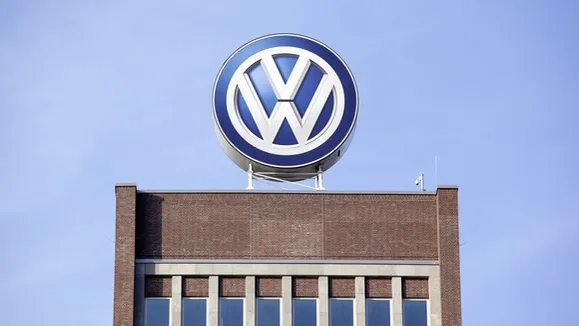Volkswagen is considering closing factories in Germany for the first time, in a move that shows the mounting price pressure Europe’s top carmaker faces from Asian rivals.
Monday’s move marks the first major clash between Chief Executive Oliver Blume, who analysts have described as more of a consensus builder than his often combative predecessor Herbert Diess, and unions that command substantial influence at VW.
VW considers one large vehicle plant and one component factory in Germany to be obsolete, said its works council as it vowed “fierce resistance” to the executive board’s plans.
Chief Financial Officer Arno Antlitz will speak to staff alongside Volkswagen brand chief Thomas Schaefer at a works council meeting on Wednesday morning.
Volkswagen’s works council head Daniela Cavallo, a member of the powerful IG Metall union, said she expects CEO Blume to get involved in negotiations too, adding that Wednesday’s meeting would be “very uncomfortable” for the group’s management.
IG Metall has thwarted previous attempts at more deep-rooted changes, most recently in 2022 when Diess departed as CEO.
Analysts have in the past named VW sites in Osnabrueck, in Lower Saxony and Dresden, in Saxony, as potential targets for closure.
The state of Lower Saxony is Volkswagen’s second-largest shareholder and on Monday supported its review.
Volkswagen, which employs around 680,000 staff, said that it also felt forced to end its job security programme, which has been in place since 1994 and prevents job cuts until 2029, adding all measures would be discussed with its works council.


